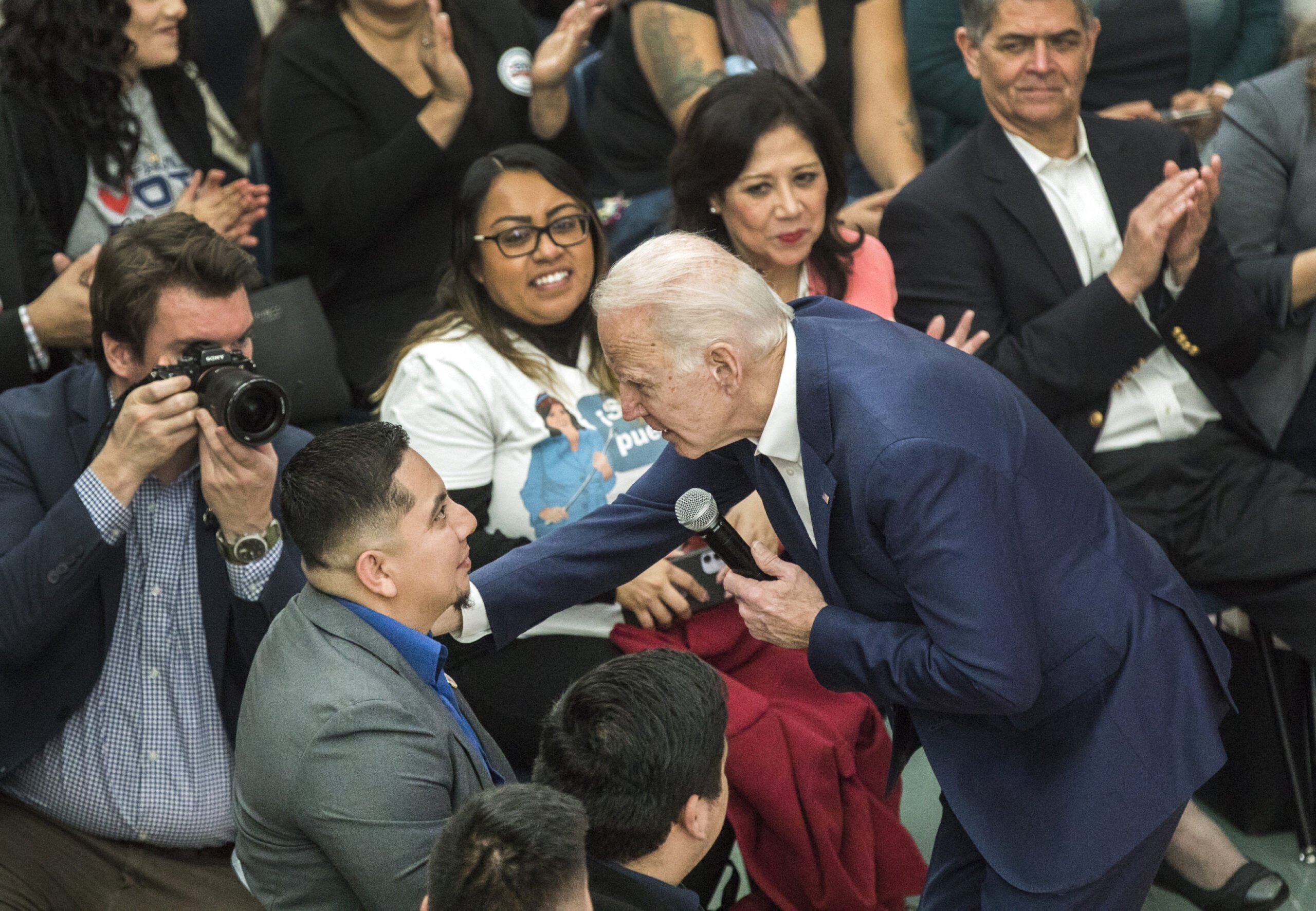A survey from the University of Quinnipiac published this week found that only 26% of surveyed Hispanic voters approved of Biden’s performance as president, the lowest rating of any demographic group.
Various experts agree that a drastic drop in support among Hispanic voters could herald disastrous midterm elections for Biden and the Democrats in states like Texas and Florida.
“If Latinos disapprove of the president’s performance, how might that translate to congressional elections in November? That could be translated in two ways. It could translate into Latinos deciding to support a non-Democratic candidate, whether Republican or independent, remains to be seen in different congressional districts,” said Mark Hugo López, director of research on race and ethnicity at the Pew Research Center.
“But the other way that could happen is that Latino voters are not motivated to turn out to vote,” Lopez added.
The poll showed Biden’s approval rating at 33%, the lowest point for the president in that poll. But his approval among voters was even lower, at 26%.
Demographic subgroups like Hispanics are notoriously difficult to survey in national measurements. Language barrier, geographic isolation, and small or incorrectly weighted sample sizes can bias results.
Still, the poll continued to trend downward for Biden. A poll from the same university released on March 30 found Biden’s approval rating at 36%, with 32% of Hispanics surveyed saying they approved of his performance as president. “I think a lot of times there is this narrative in DC among Democrats that only Latinos are talked to about immigration,” said John Anzalone, a pollster. “But they are worried about the same things that everyone else is worried about. It’s always about the economy, inflation, health care, or schools.”
The survey found that 31% of Hispanics consider inflation to be the most urgent problem facing the country, more than any other issue. 12% of Hispanics named the invasion of Ukraine as the most pressing issue, and 12% said immigration was the most pressing issue.
According to a March report from the Pew Research Center, 50% of Hispanic voters say they are leaning toward or sure of voting for the Democratic candidate in their districts, while 28% said the same for Republican candidates. That’s roughly in line with polling before 2018, according to López, an indicator that there isn’t a massive shift in Hispanic party affiliation, as some Republicans have claimed.
But Hispanic communities have historically been difficult to get to the polls, and a combination of low voter enthusiasm and restrictive new local voting laws could reverse gains on that front.

















